Following The Film Stage’s collective top 50 films of 2022, as part of our year-end coverage, our contributors are sharing their personal top 10 lists.
2022 has been one of those fascinating years where in the gauntlet of catching up on all of the lauded awards players that have been racking up the most placements on Best of Year lists, I’ve oddly been finding myself at quite a distance from the large majority of them. I won’t bemoan any specific titles (you can probably guess some of them from their lack of appearance here), but there’s been an odd feeling of disconnect for me with the ones people are talking about the most, the ones that will be vaunted on awards stages in the coming months.
Rather than seeing this as a symbol of me being “out of touch” or having crossed over into some Armond White contrarian territory, however, I’m enjoying it as an opportunity to shine a spotlight on the films I’ve held most dear over the course of the year. None of these are particularly hot takes in terms of them getting panned critically and me wanting to make the case of “you see, actually, this is a masterpiece”—except for maybe one—but they’re all films I think are worthy of far more end of year attention than what they’ve been getting. A reminder that the awards bodies each year highlight such a narrow selection of films they’ve decided to collectively focus on, when there is always a much broader selection of tremendous work out there.
For my full ranking of 2022 releases I’ve seen, check out my list on Letterboxd. There you can also find my ranked list of all the non-2022 films I saw for the first time this year—a bevy of bangers highlighted by Miracle Mile, What Happened Was…, Blue Collar, Heartbreakers (1984), The Driver, and more.
With 2022 in the rearview and a hotbed of M3GANs and Magic Mikes on the horizon, here are my top ten films of the past year, starting with a handful of honorable mentions.
Honorable mentions: Vengeance Is Mine, All Others Pay Cash, Catch the Fair One, Saloum, Everything Everywhere All At Once, A Love Song
10. Lyle, Lyle, Crocodile (Josh Gordon and Will Speck)
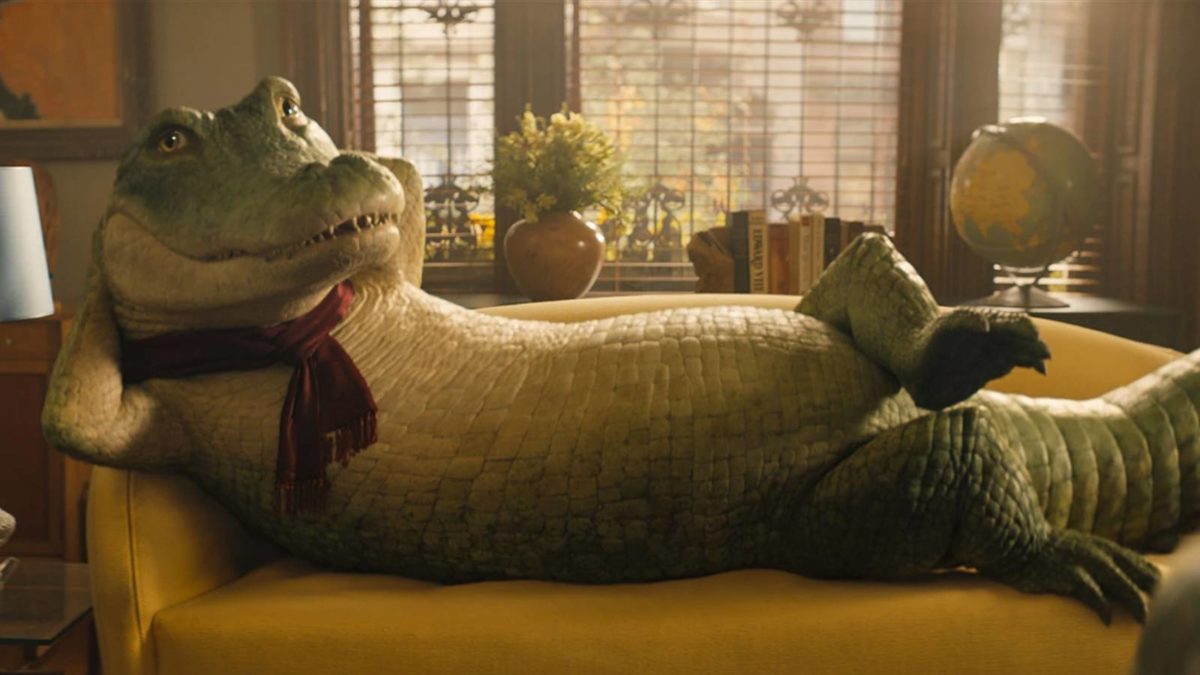
A heartwarming and emotional tale about finding your voice, following your passion, and the power of found family. Lyle, Lyle, Crocodile transcends being just a silly movie about a singing crocodile (which it also is, and that’s very fun as well!) to find this core idea about the ways we pressure others to perform in order to fit our standards of what we should all be doing. Lyle’s agency is stripped from him, and it takes the genuine support and affection from the Prim family for him to flourish and enjoy his passion for singing simply because it’s what he loves to do. I love you, Lyle.
9. Broker (Hirokazu Kore-eda)
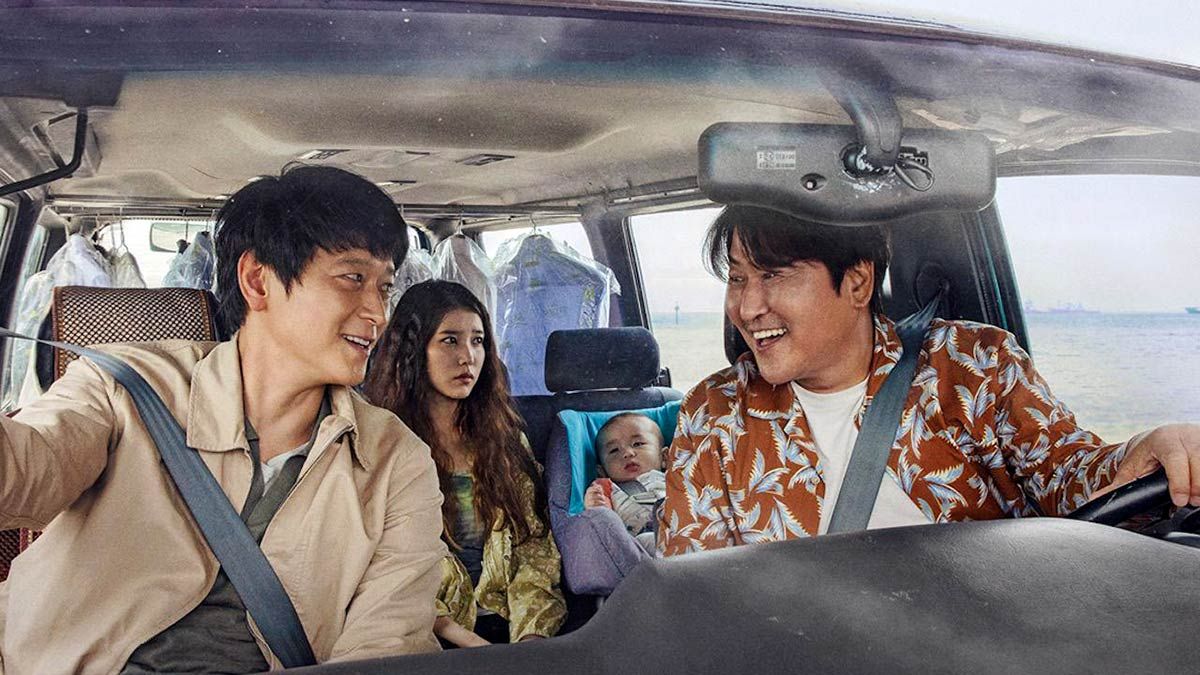
One of our finest humanists, Hirokazu Kore-eda isn’t reinventing his wheel with Broker, but if it ain’t broke don’t fix it. It’s a plottier film than you typically get with him, and as a result it maybe feels a bit clunkier in certain sections as the narrative grooves are trying to get themselves sorted out. But it retains his sharp eye for rich characterization and marvelous casting, building an ensemble of folks you genuinely care about as they ask themselves questions about what family means, what love entails, and if you can change your stripes when so much damage has been laid down upon you.
8. Both Sides of the Blade (Claire Denis)
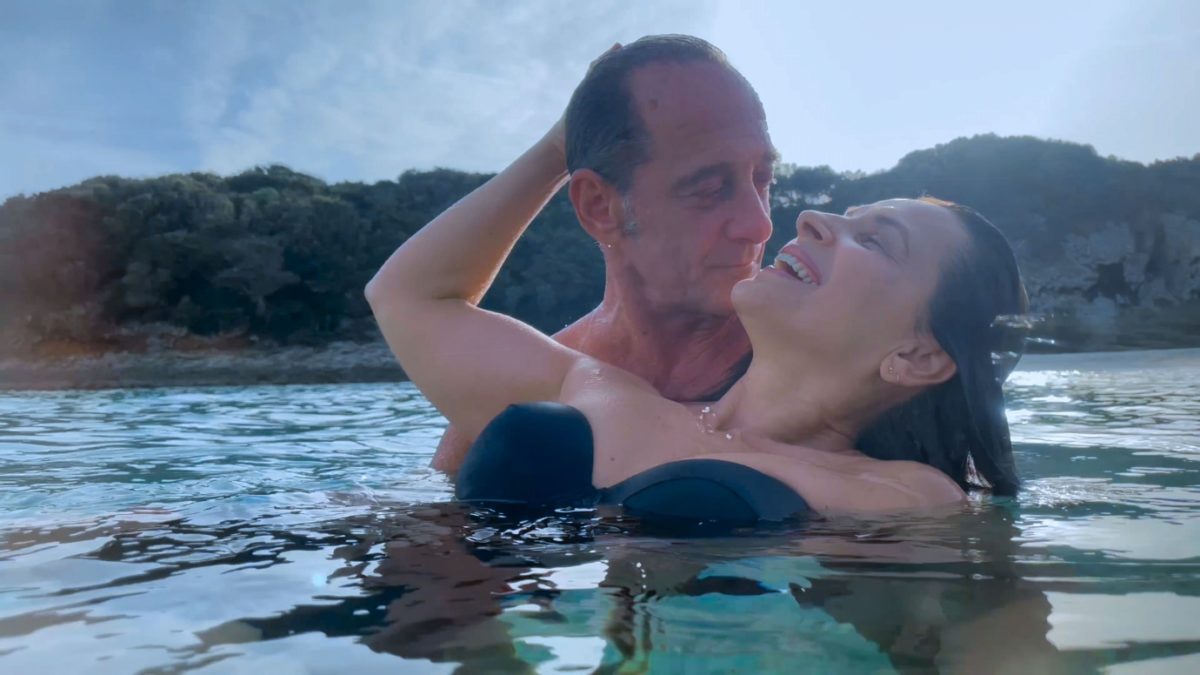
Claire Denis obsessives were well-fed in 2022, as the master director delivered not one but two top quality tales of knotted love affairs. While Stars at Noon narrowly missed my list, her earlier picture Both Sides of the Blade has remained a constant burrow in my brain since I first saw it in the early days of the year. Containing all of the trademark ellipses and ambiguity fans have come to expect from the director, this tale of toxic love builds to a climactic argument between leads Juliette Binoche and Vincent Lindon where they leave every drop of sweat on the table, fully bringing themselves and the audience to a place of emotional exasperation that could only be achieved by two extraordinary actors in their finest moments.
7. Decision to Leave (Park Chan-wook)
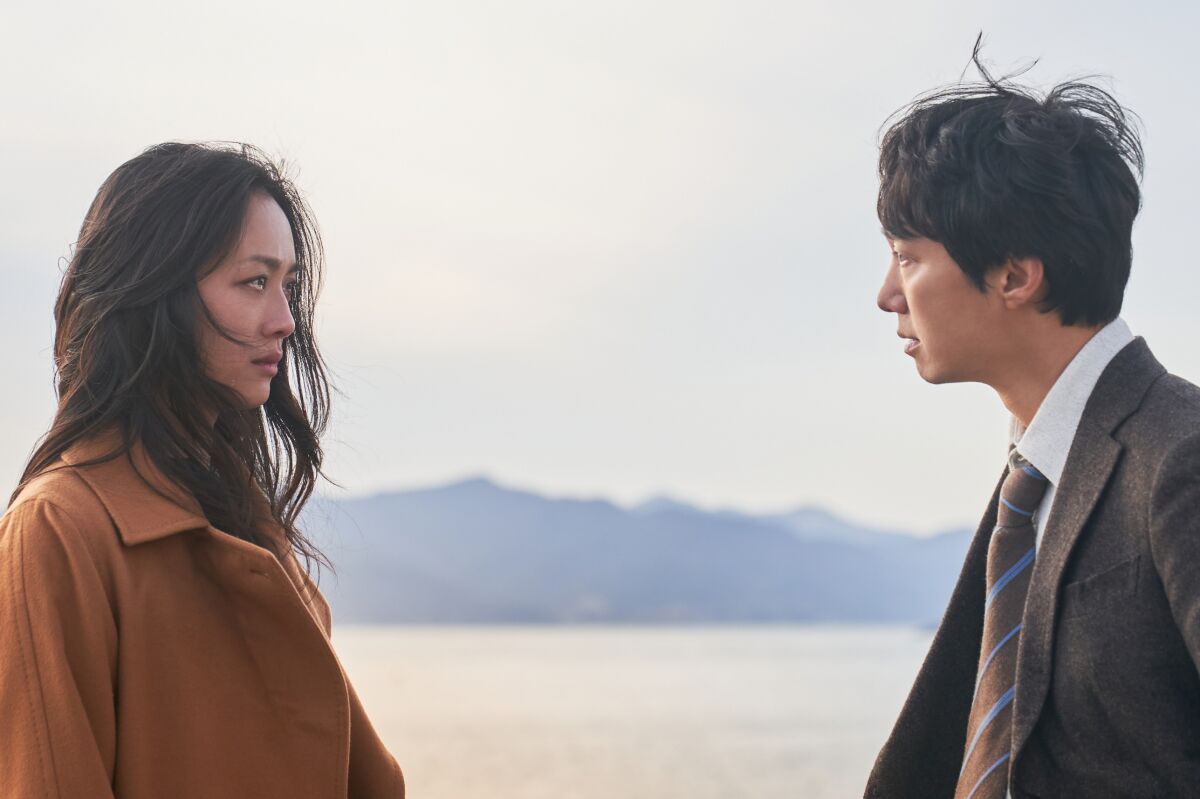
A Hitchockian labyrinth that keeps you guessing until the end with its knotty, twisty narrative—pushing and pulling characters through relationships with each other and with the audience. In Decision to Leave, director Park Chan-wook constantly warps reality, alternating between concentrated efforts to keep us at bay from the characters or bring us closer into their minds. With each new picture, he further proves himself one of our most formidable formalists, displaying a remarkable craft with films that feel like real cinema—a treat rarer and rarer to come by these days.
6. Saint Omer (Alice Diop)
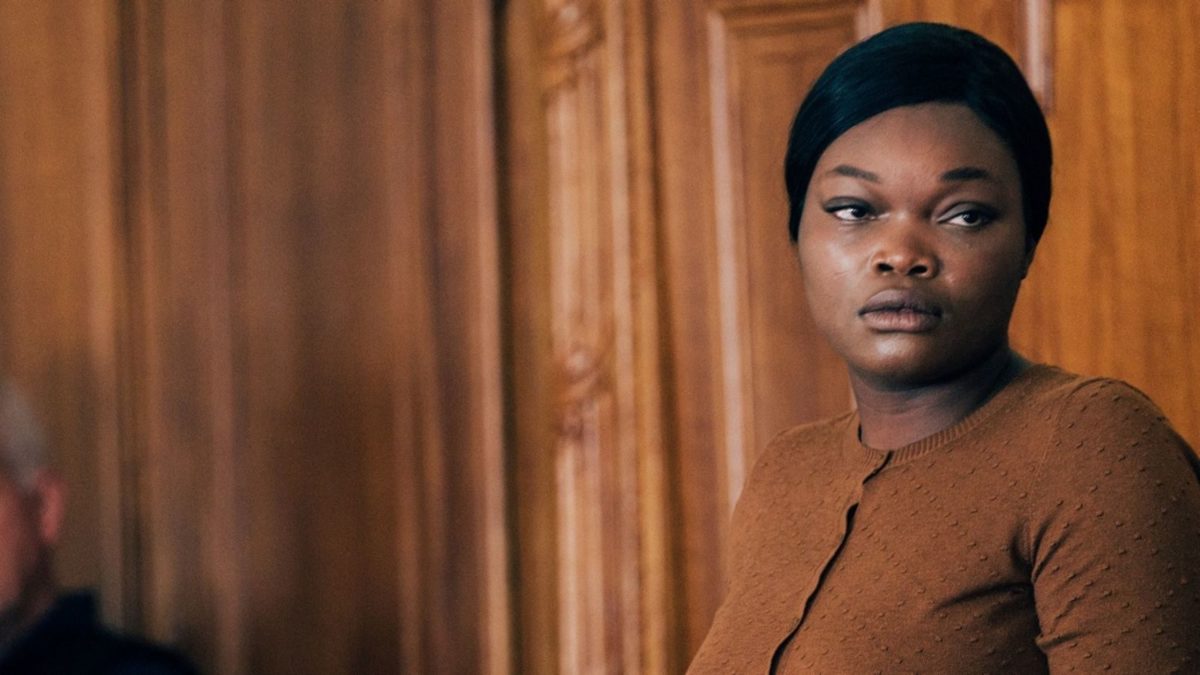
Saint Omer is a film full of contradictions, of messy knots and questions with no clear answers. The more we understand of Laurence Coly (Guslagie Malanga), the more we recognize how dehumanized she has been made to feel by everyone around her. And yet, they continue on, speaking of her African heritage with assumptions and leaps that come from nowhere but their own ingrained prejudices. Rama (Kayije Kagame) watches it all while conflicting with her own assumptions about Coly, and how her perspective of this woman clashes against her anxieties of an impending birth. The two women never speak to one another, they never meet. But in one transcendental moment, they lock eyes and it completely brings the house down.
5. Emily the Criminal (John Patton Ford)
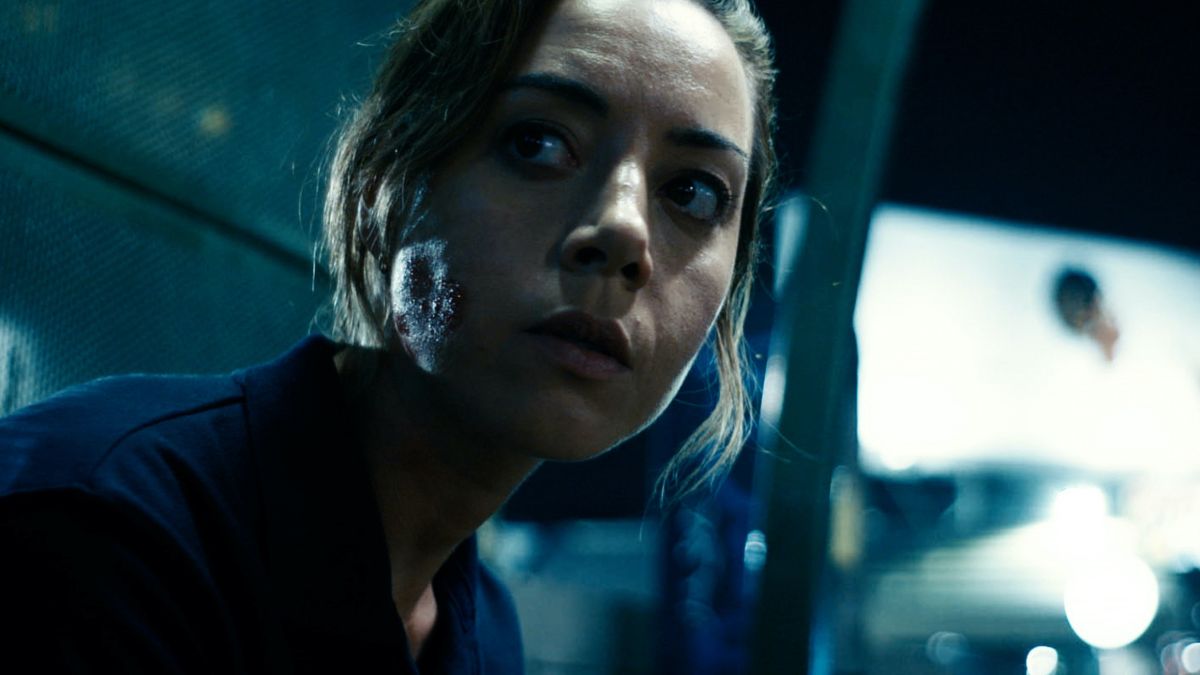
Like Sean Baker directing neo-noir, Emily the Criminal takes commentary on late stage capitalism and turns it into a “one desperate person crosses the line and can’t look back” thriller about a woman (a career-best Aubrey Plaza) gaming the system because she feels she has no other choice. Using crippling student loan debt as a motivation for someone breaking bad as opposed to any sort of revenge plot is a genius move, and John Patton Ford loads his debut feature with down-to-earth details that make Emily’s story feel so intrinsically rooted in the real world.
4. After Yang (kogonada)
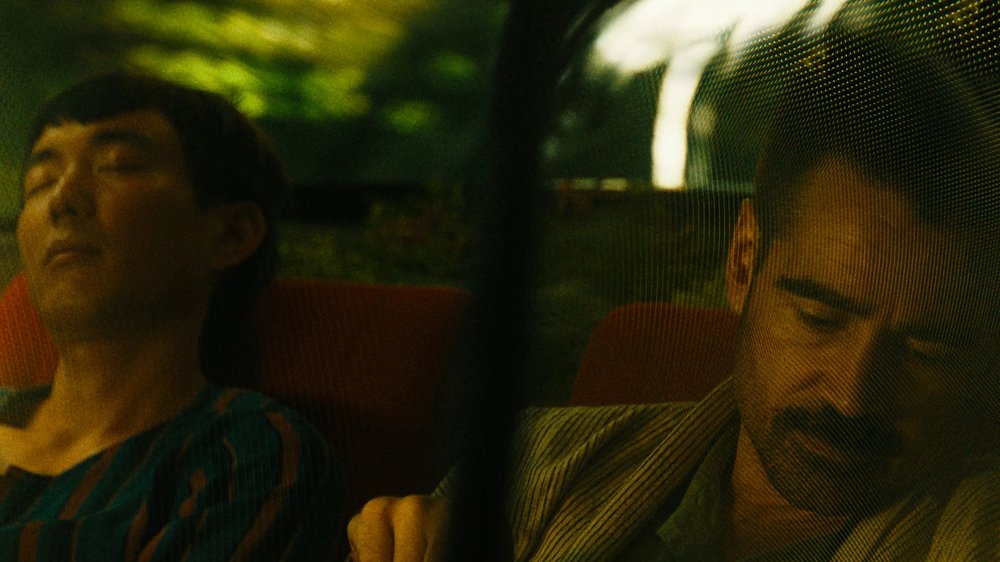
I had the pleasure to speak with filmmaker kogonada about his stirring treatise on mortality, After Yang, and the moment from that conversation I return to most is him saying that “what makes art so invigorating is that you’re pursuing the ineffable.” This is a notion seeded throughout his gentle, transcendent sophomore feature. We can never truly know another person. In some ways, we will never fully know ourselves or our relationship with the world. But the search for it, the mystery, the endless pursuit—that’s the beauty of life.
3. Crimes of the Future (David Cronenberg)
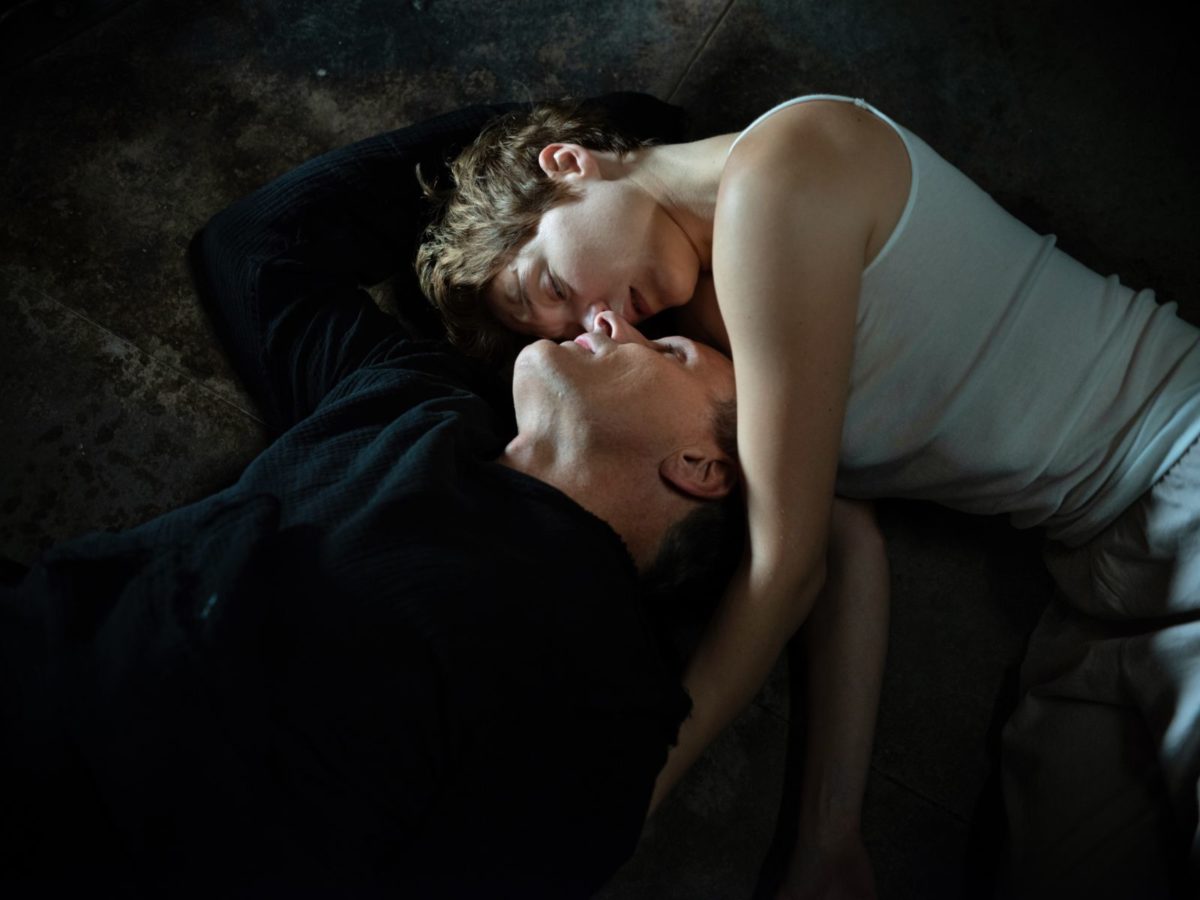
It’s not even a little surprising that David Cronenberg wrote the screenplay for Crimes of the Future twenty years ago and didn’t change a thing in bringing his vision to life in 2022. It falls right in line both as a capper on a trilogy with Videodrome and eXistenZ, and also as a double bill with Crash. I found myself deeply connected with its exploration of how our bodies and our understanding of our bodies shifts dramatically—how that can be exciting, terrifying, arousing, and draw us closer to one another. And of course how the government wants to control our bodies to maintain the status quo at all times.
2. Nope (Jordan Peele)
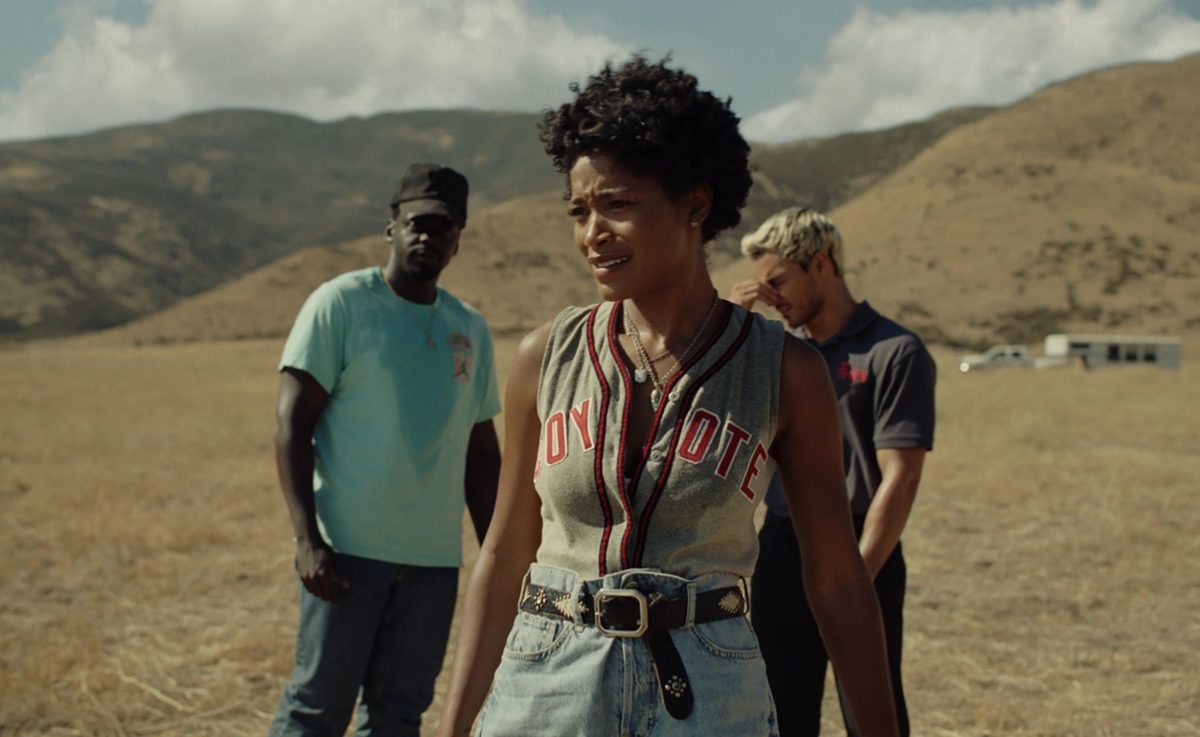
There are few experiences more thrilling in cinema these days than watching a Jordan Peele film, and Nope is without question his biggest effort so far in terms of scale and spectacle. With a deep well of knowledge in the medium, Peele somehow reinvents the alien picture, creating a story where this being isn’t necessarily a God-like invader, nor a savior, nor is it quite a misunderstood outsider who is abused and needs rescuing. It’s an outsider like any other, and we see how it’s misunderstood and mistreated the way so many other outsiders are, warped in an attempt to be tamed. He weaves in Jean Jacket’s story through folks like Jupe, Gordy, and Haywood Hollywood Horses. When you see the pieces all connecting, the thrill is inimitable.
1. Kimi (Steven Soderbergh)
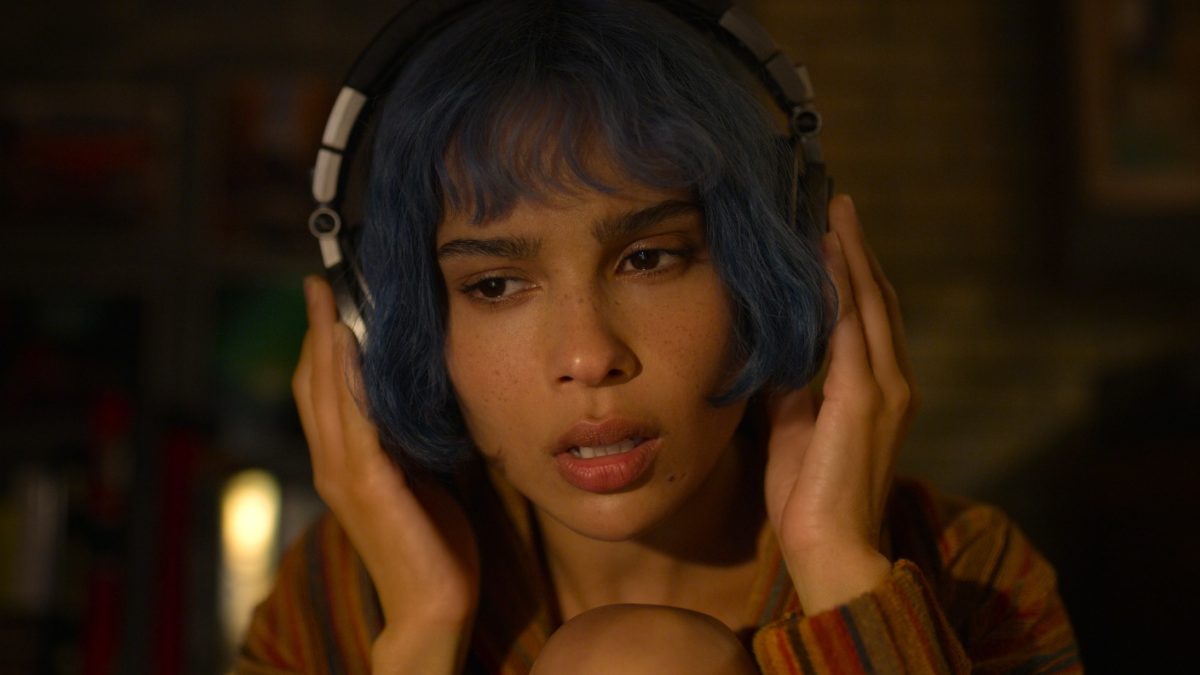
While clearly influenced by classic paranoia thrillers like The Conversation and Blow Out, Steven Soderbergh and David Koepp’s Kimi forged its own legacy in the subgenre through its reckoning with our increased surveillance state in the digital age. It also benefited from marvelously layered texturing of its main character, a tech worker on the spectrum (Zoë Kravitz) with a meticulousness that never bleeds into hacky tropes. Kimi dropped in February, but these razor-sharp 89 minutes have remained some of the very best all year long.
